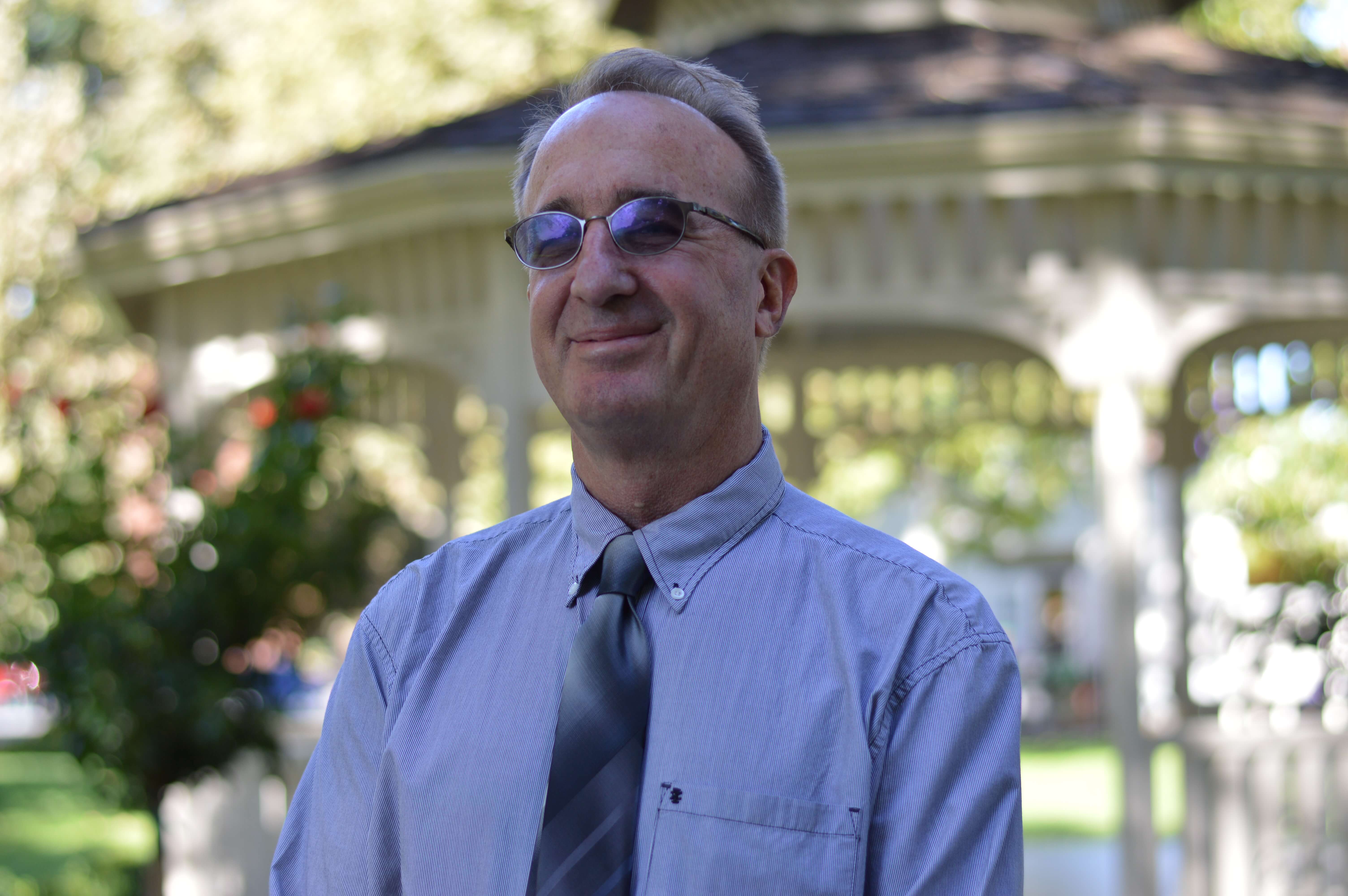Pictured Above: Fragile X professionals from around the world taking a mud bath, and making the sign of the X, prior to a swim in the Dead Sea, the lowest point on earth at 1,388 feet (423 meters) below sea level.
Approximately 100 scientists and clinicians met in Jerusalem, Israel, at the Mt. Zion Hotel, for the three-day, biennial meeting on the FMR1 premutation. As always, when you put a group of passionate and dedicated Fragile X researchers and clinicians together in a room (and, in this case, with an armed guard at the door!) discussions are guaranteed to be intense, and there was no disappointment in that regards.
One of the great benefits to gatherings like this is the opportunity for young professionals to both share their research and to hear from more senior investigators. Such was the case in Israel where young PhD’s and MD’s made up much of the audience and speakers’ list.
While some speakers focused on the premutation (i.e. 55-200 CGG repeats) in general, the meeting also had sections devoted to FXPOI and FXTAS. Though many of the presentations were highly technical in nature, there was much discussion about how to better identify those at risk for a premutation disorder, how and why some premutation carriers develop FXTAS (or “convert” in the jargon of the researchers), how to better – and earlier – diagnosis those with a premutation disorder and how to, for those who do develop a premutation disorder, minimize the symptoms. Of course, there was also frequent mention of the long-term goal to prevent the development of premutation disorders.
I had the privilege of, along with Dr. Randi Hagerman, leading a session about the new International FXTAS Consortium (IFC) that Randi and I co-founded and that is a joint effort by the National Fragile X Foundation, the UC Davis MIND Institute and the Fragile X Association of Australia. This session resulted in a clear consensus that the initial efforts should focus on the establishment of FXTAS clinics throughout the world and that collaborative research would be the logical outgrowth of that effort.
Last, but not least, were presentations examining the impact of the premutation on some children’s cognitive and social-emotional development. While much research remains to be done, agreement is emerging that the premutation does have an effect on some premutation carriers during childhood and that by better understanding that effect, parents and intervention professionals may be able to lessen any problems.
Readers should rest assured that very smart and caring people, from all over the world, are focusing on not just the full mutation, which causes Fragile X syndrome, but also the premutation. This meeting was just one example.
Author
 Robert Miller
has spent over 40 years helping children with special needs, their families and the professionals who work with them. Robby is particularly interested in how families learn about, access and receive meaningful services from competent professionals, organizations and institutions. This interest led to his co-founding the FXCRC. In his spare time, you’ll find Robby singing and playing rhythm guitar in a rock band with his pals.
Robert Miller
has spent over 40 years helping children with special needs, their families and the professionals who work with them. Robby is particularly interested in how families learn about, access and receive meaningful services from competent professionals, organizations and institutions. This interest led to his co-founding the FXCRC. In his spare time, you’ll find Robby singing and playing rhythm guitar in a rock band with his pals.

